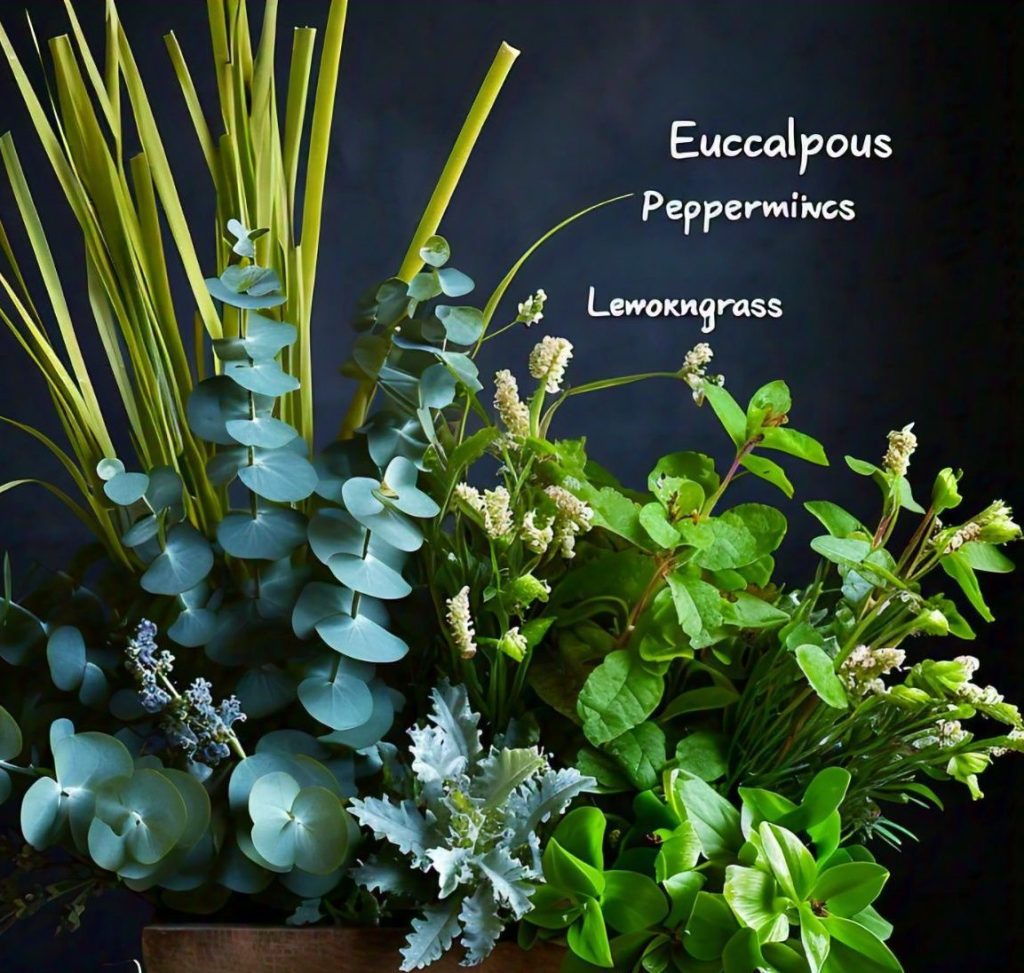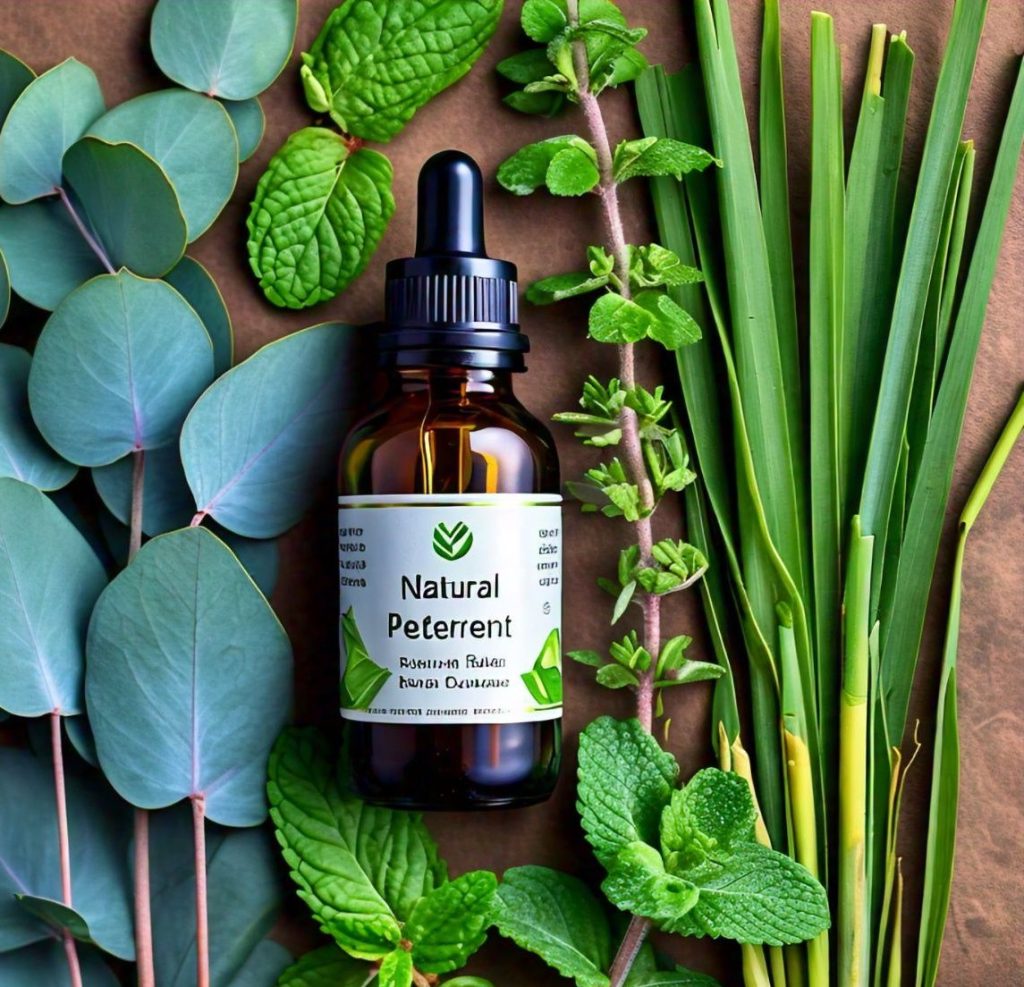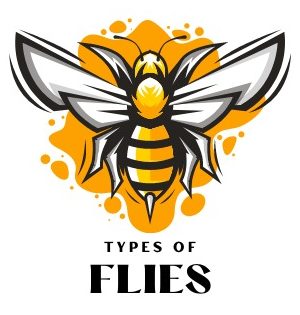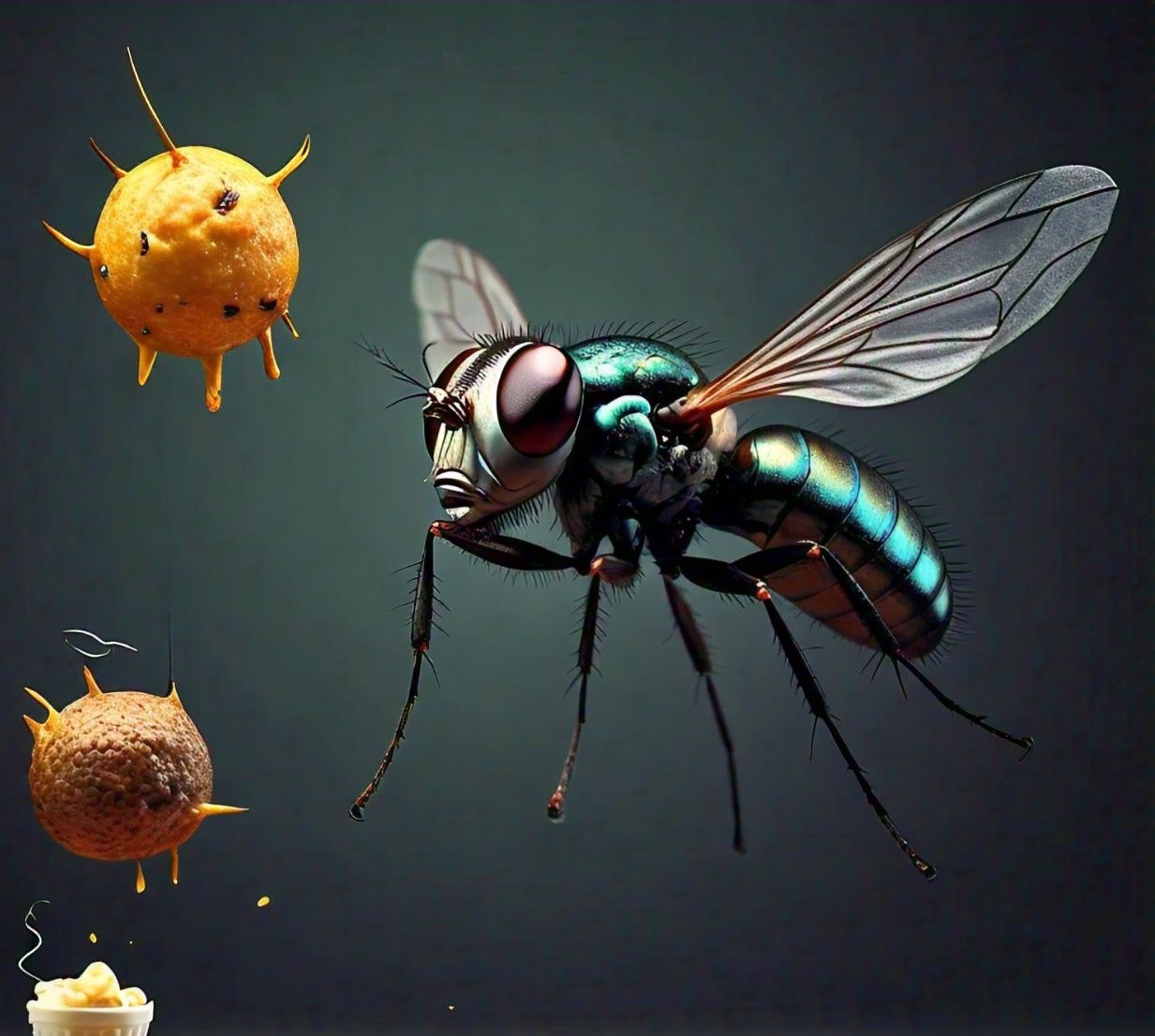Flies can be a major annoyance, invading our homes and outdoor spaces. What smells do flies hate? Understanding what smells flies hate can be a powerful tool in keeping these pests away. In this article, we’ll delve into the scents that repel flies, including fruit flies, cluster flies, and horse flies. We’ll also explore homemade remedies and natural repellents to help you manage fly infestations effectively.

Flies, like many insects, have a keen sense of smell that helps them locate food sources and mates. What smells do flies hate? However, they are also sensitive to certain odors that can disrupt their natural behaviors. By understanding which smells repel flies, you can create a more pleasant and fly-free space.
What Smells Do Flies Hate the Most?
What smells do flies hate? Flies are highly sensitive to certain odors, which can serve as natural deterrents. Here are some of the most effective smells to repel flies:
- Vinegar: Vinegar, particularly apple cider vinegar, is a well-known repellent. While vinegar attracts some flies, its strong smell can also deter them. Using vinegar in a fly trap or mixing it with water in a spray bottle can help keep flies at bay.
- Lemon: The citrusy scent of lemon is another powerful repellent. Do flies hate the smell of lemon? Yes, they do. Lemon’s sharp aroma can disrupt their sensory receptors, making it an effective natural deterrent. You can use lemon peels or lemon essential oil to repel flies.
- Mint: Peppermint and spearmint have strong scents that flies find unpleasant. What smells do flies like? They generally avoid mint, making it an excellent choice for keeping flies away. You can use fresh mint leaves or peppermint oil in a homemade fly repellent spray.
What Smells Do Fruit Flies Hate?
Fruit flies can be particularly troublesome around kitchens. What smell do fruit flies hate? Some effective scents include: What smells do flies hate?
- Cinnamon: The warm, spicy aroma of cinnamon is disliked by fruit flies. Do flies hate cinnamon? Yes, cinnamon can help deter these pests. Sprinkle ground cinnamon or use cinnamon essential oil to keep fruit flies away.
- Basil: The smell of basil can also repel fruit flies. Fresh basil leaves or basil essential oil can be placed near fruit bowls or used in sprays.
- Cloves: Cloves have a potent aroma that fruit flies find offensive. You can use whole cloves or clove oil as part of your home remedies to repel flies.
What Smells Do Cluster Flies Hate?
Cluster flies tend to invade homes in large numbers. To combat these pests, consider using scents that cluster flies find repellent: What smells do flies hate?

Eucalyptus: The medicinal aroma of eucalyptus oil is effective against cluster flies. Eucalyptus peppermint and lemongrass oils are also known to repel these pests. Use eucalyptus oil in a spray bottle or as a diffuser to keep cluster flies away.
- Lavender: Lavender is another scent that can deter cluster flies. The calming yet strong aroma of lavender essential oil can be used in fly deterrent sprays or placed in areas where cluster flies are active.
What Smells Do Horse Flies Hate?
Horse flies are known for their painful bites. What smells do horse flies hate? Effective scents for repelling horse flies include: What smells do flies hate?
- Lemongrass: Lemongrass oil is well-regarded for its ability to repel horse flies. Its citrusy scent is a natural deterrent. You can use lemongrass essential oil in a homemade fly repellent spray or apply it directly to your skin when outdoors.
- Geranium: Geranium oil also repels horse flies. Its floral and slightly spicy aroma can be used in natural insect repellents or diffusers to keep horse flies away.
What Smells Do Gnats and Fruit Flies Hate?
Gnats and fruit flies can be managed with similar scents. What smells do gnats and fruit flies hate? Effective options include: What smells do flies hate?
- Tea Tree Oil: Tea tree oil has a strong scent that repels both gnats and fruit flies. Use it in a fly trap or as part of a homemade fly repellent spray to keep these pests at bay.
- Garlic: Garlic’s pungent odor is effective against gnats and fruit flies. You can use garlic cloves or garlic oil as part of your pest control strategy.
What Smells Do Mosquitoes and Flies Hate?
For a more comprehensive approach, consider scents that repel both mosquitoes and flies: What smells do flies hate?
- Citronella: Citronella is widely known for its effectiveness against mosquitoes and flies. Use citronella candles, essential oil, or a combination of both to repel these pests.
- Apple Cider Vinegar: Apple cider vinegar can be used to create effective fly traps. While it attracts some flies, its strong smell can also be a deterrent when used in certain contexts.
Homemade Solutions to Repel Flies
Creating a homemade fly repellent spray can be an effective and natural way to keep flies away. Here’s a simple recipe: What smells do flies hate?
Ingredients:
- 1 cup water
- 2 tablespoons apple cider vinegar
- 10 drops essential oil (eucalyptus, peppermint, or lemon)
Instructions:
- Combine the water and apple cider vinegar in a spray bottle.
- Add the essential oil of your choice.
- Shake well before use.
- Spray around windows and doors, and other areas where flies are a problem.
What will make flies go away? Using strong, unpleasant odors that flies dislike, such as eucalyptus, mint, and citronella, can help keep flies from entering your home and outdoor spaces. What smells do flies hate?
Effective Methods to Use These Smells
- Homemade Fly Repellent Spray: Create a DIY spray using your favorite repellent scents to keep flies at bay. We’ll provide easy-to-follow recipes and tips for the best results. What smells do flies hate?
- Fly Traps and Repellent Plants: Discover how to incorporate fly-repelling plants and strategically placed fly traps into your home or garden for added protection.
- Essential Oil Diffusers: Use diffusers to spread the repellent aromas throughout your home, ensuring a constant defense against flies.

Conclusion
Understanding what smells flies hate is crucial for effective pest control. From vinegar and lemon to essential oils like peppermint and eucalyptus, there are many scents that can help repel flies. By incorporating these smells into your pest management strategy and using natural fly deterrents and homemade fly repellent sprays, you can create a more pleasant and fly-free environment. Whether you’re dealing with fruit flies, cluster flies, or horse flies, these scents and solutions will help keep these pests at bay.


[…] common house fly is another species that people are concerned about. So, do house flies hibernate? Yes, they do. House flies, much like fruit flies, enter diapause in the winter months. They often […]